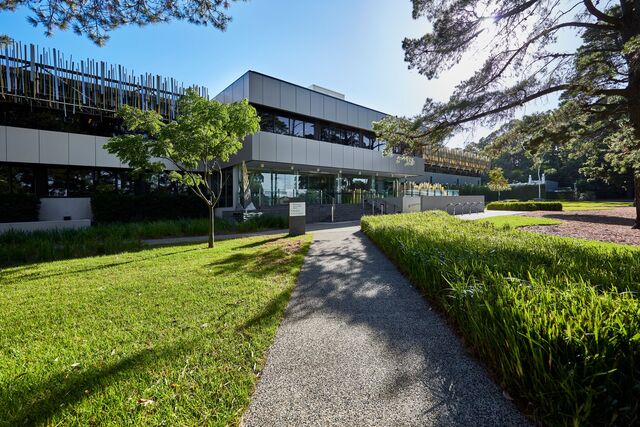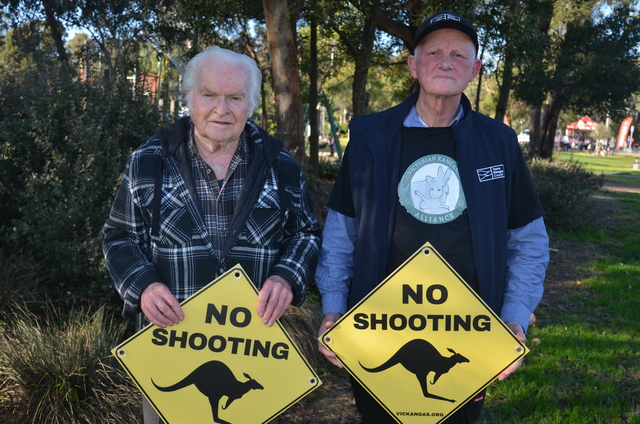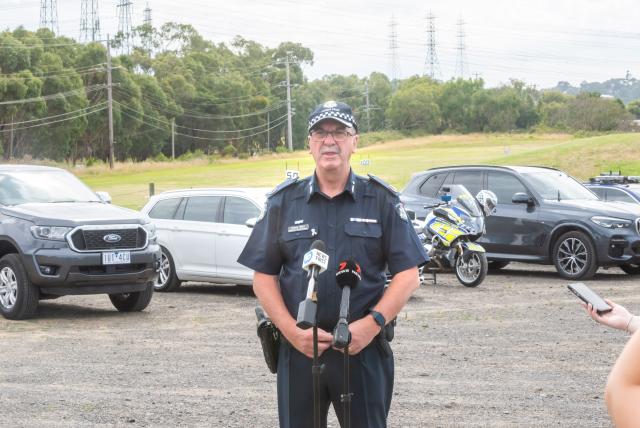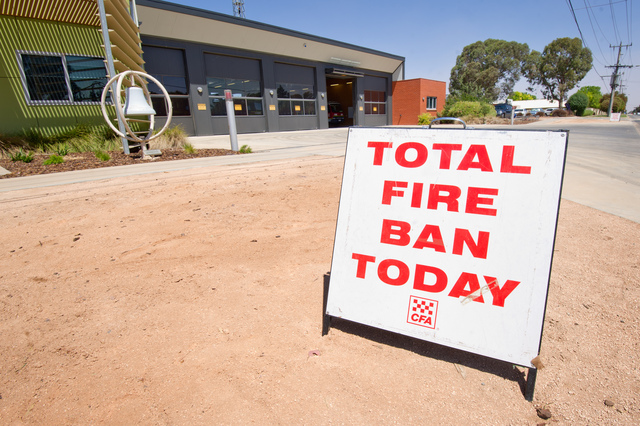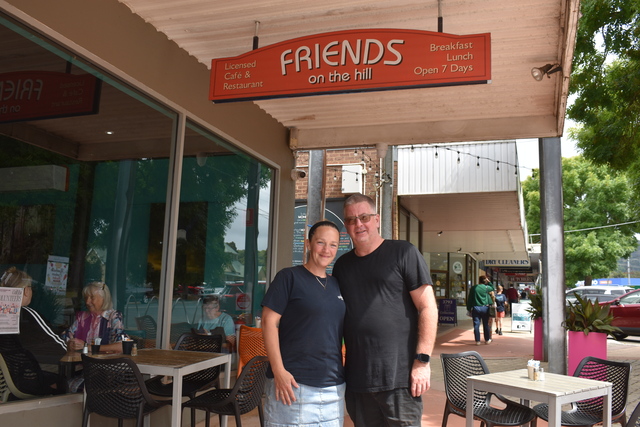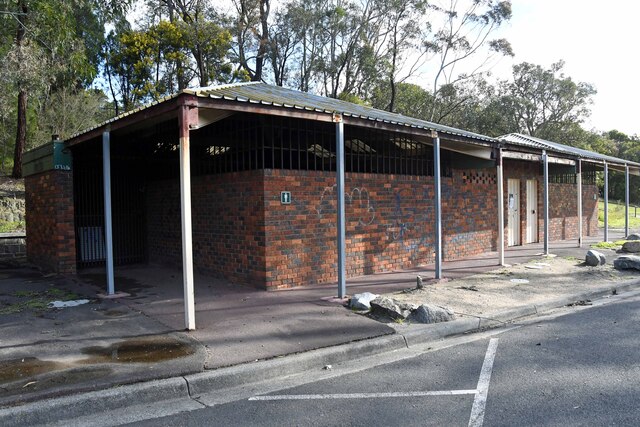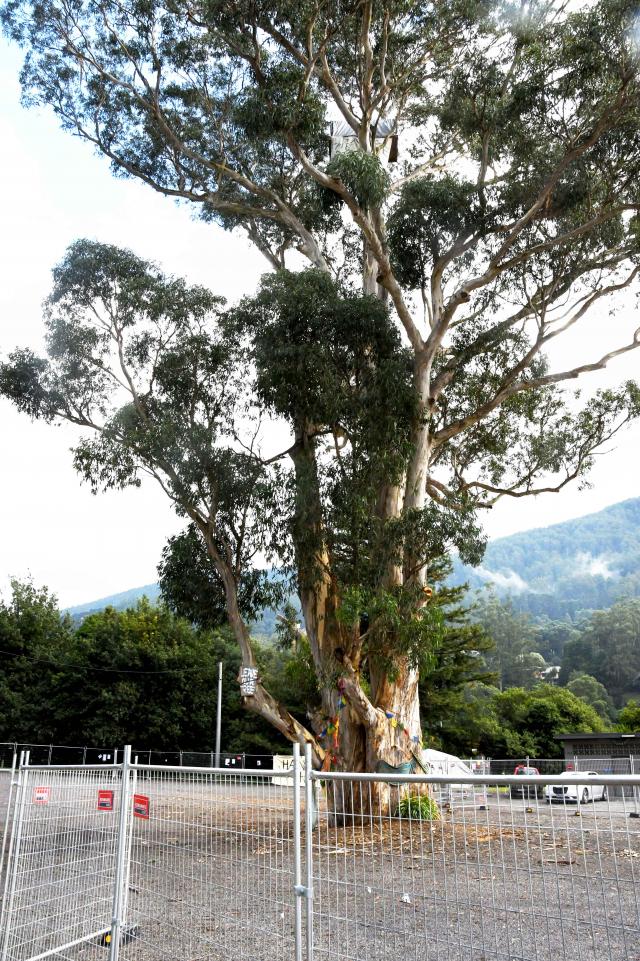Yarra Valley Water has pledged to spend over $16 million with Indigenous suppliers and certified social enterprises over the next 6 years.
The water utility has set an ambitious goal to ensure that 8 per cent of its active suppliers are certified First Nations-owned businesses by 2030, with a current target of 4 per cent this year.
Additionally, Yarra Valley Water aims to increase the percentage of its active suppliers who are certified social enterprises to 5 per cent by 2030, currently sitting at 3 per cent.
In the 2022–23 financial year, Yarra Valley Water partnered with Enable – a social enterprise known for its positive community impact and environmental focus, to decommission 653 laptops in a sustainable manner.
Managing Director Yarra Valley Water Pat McCafferty said Environmental, Social, and Governance (ESG) principles are central to Yarra Valley Water’s operations and procurement strategies.
“When the time came to decommission these laptops, we wanted to make sure that our actions aligned with our broader strategy of supporting communities and protecting the environment,” he said.
“By working with Enable, we could address e-waste, create jobs and support people facing employment barriers at the same time.”
The laptops were donated to students in need through partnerships with organisations such as Banyule Council, Enable also dismantled and recycled IT products, significantly cutting down on e-waste.
The utility’s social procurement policy advocates for the efficient use of materials and energy to conserve natural resources.
Purchasing from suppliers that help reduce e-waste is prioritised and Yarra Valley Water has e-waste bins in its offices for items like printer cartridges.
Yarra Valley Water’s procurement policy promotes the use of Indigenous and social enterprises and its procurement process is designed to facilitate this, whenever possible.
Building thriving communities and leading for an environmentally sustainable future are key pillars of the company’s 2030 strategy.
“Building social and sustainable procurement into our long-term strategy shows how we can deliver real, tangible benefits to communities,” Mr McCafferty said.
“Collaborating with innovative social enterprises like Enable helps us meet our goals while having a positive impact.”
“Businesses are now not only creating economic value but also building economic capacity within Indigenous and social enterprises, empowering individuals, families, and communities economically are one of the most effective ways to create opportunities that lead to real, meaningful, and lasting change.”
Mr McCafferty highlighted that they would drive hard to meet and exceed the targets, acknowledging that this type of progress doesn’t happen overnight.
“Achieving these targets involves a lot of hard work, tough questions and ongoing improvement. It gives us an objective view about what we are doing well and where we need to improve in terms of social and environmental impact,” he said.
“We believe that our spending decisions can drive significant social and environmental outcomes. This is just one example of how we plan to make a real difference in the communities we serve.”

